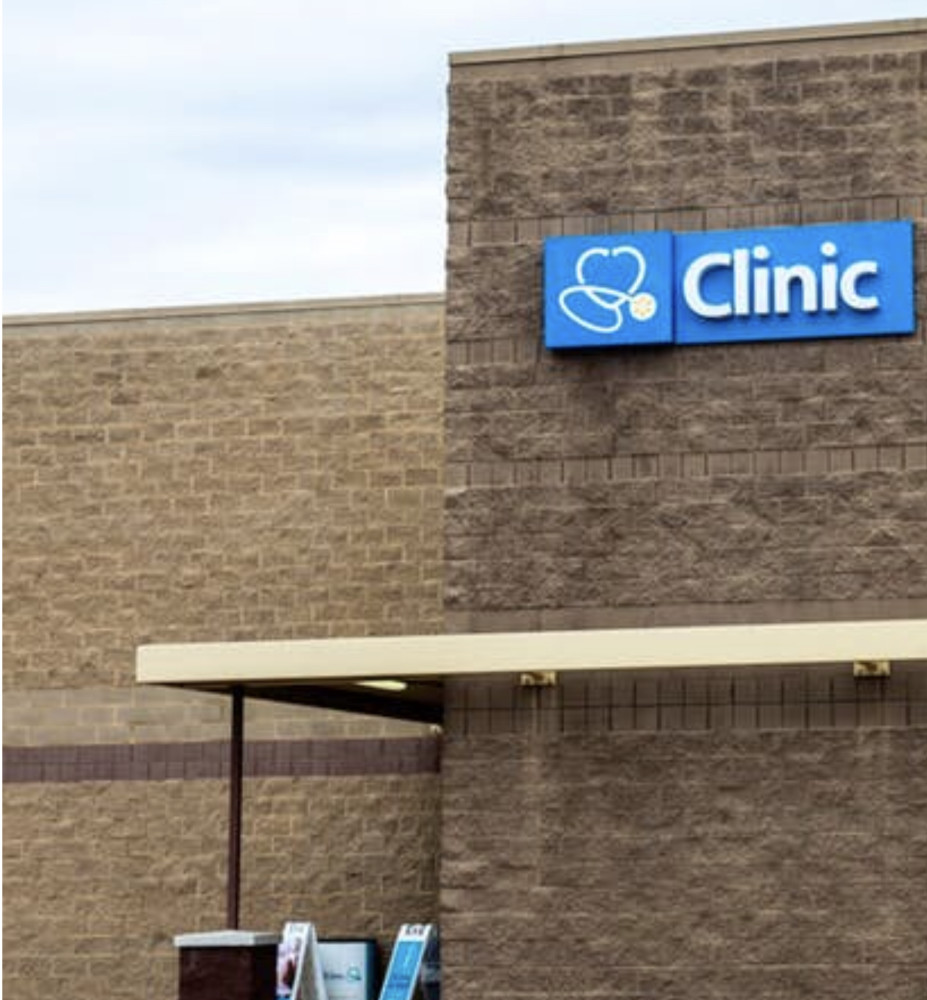By Melissa Repko
The Dallas Morning News
WWR Article Summary (tl;dr) The concept of placing a mental health clinic inside a Walmart was created by Beacon Health Options. Beacon’s president hopes the approach makes people more willing to seek help for anxiety, depression and similar struggles.
The Dallas Morning News
Milk, paper towels, T-shirts — and therapy? Dallas area residents can now drop by a Walmart store in Carrollton, Texas, to meet with a mental health professional.
The new concept — started by Boston-based Beacon Health Options — aims to make mental health care more convenient and approachable by opening clinics in high-traffic locations like retailers. The company rented a space in the store and began offering therapy there in November.
Clinician Jackie Baclawski said her clients haven’t brought groceries or bags with other purchases to therapy yet. But, she said, some come with spouses or family members who pass the time by wandering through nearby aisles or checking items off a shopping list.
Beacon’s chief executive and president Russell Petrella said he hopes the approach makes people more willing to seek help for anxiety, depression and similar struggles.
The clinic is within steps of other Walmart tenants: a nail salon, a bank branch, a coffee shop and an optical store.
“Twenty years ago, we would never imagine going to a retail location for a flu shot. You’d make an appointment with your primary care,” he said. “The idea of bringing these services to places where consumers — potential patients — are more comfortable is getting more and more accepted.”
Beacon Health Options is a behavioral health services company that serves 40 million people across the U.S. It has contracts with large employers, health plans and government agencies to provide mental health and addiction services to members in its network.
Its new business, Beacon Care Services, takes a different tack by opening practices where anyone can walk in or schedule an appointment.
The Carrollton location opened with one clinician, but the company will add other clinicians and longer hours based on need, Petrella said.
Therapy sessions cost $25 for a 45-minute session with an individual or family.
Starting February 1, they will cost $110 for an individual and $125 for a family. The Carrollton clinic is applying with insurers to become an in-network provider. Lower prices are available for people who demonstrate a financial need.
A statewide challenge
Petrella said the company chose Texas as the first place for its new concept because it has so many residents without mental health care. It found a vacancy at a Walmart store in Carrollton, a suburb that’s about 20 miles northwest of Dallas.
One in five adults in the U.S. — about 43.8 million people — experience some form of mental illness in a given year, according to the National Institute of Mental Health.
In Texas, that need is compounded by a shortage of mental health professionals and a fast-growing population. The state ranks 49th in the country for access to mental health care, according to the 2018 report by Mental Health America.
Greg Hansch, public policy director for the National Alliance on Mental Illness in Texas, said the majority of counties in Texas do not have a single psychiatrist. And, he said, some Texans are reluctant to seek help because of the stigma and the cost.
He said health care providers are trying to close gaps by testing out new models. People can use telemedicine to have a virtual meeting with a therapist or psychiatrist, stay on track with a mental health-focused smartphone app or meet with a mental health professional at the same office as their primary care doctor.
The new clinic
Beacon’s clinic is in a room that it rents from Walmart inside of the store’s Walmart Care Clinic. Clients can schedule an appointment on a tablet in the clinic or online. They enter through the store or through a separate entrance to Walmart Care Clinic, and they share a waiting room with people who need other medical care, from a flu shot to a blood test.
Baclawski meets with clients for therapy sessions in the small office. It’s decorated with paintings, an area rug, a small desk with a plant and a couple of chairs. Her clients range in age from young adults in their late teens to seniors in their 80s. She helps them cope with the challenges they’re facing, from relationship troubles to grief and trauma.
If a client needs a prescription or has a more severe mental health diagnosis, she refers them to a doctor or the hospital.
She spends a few hours of her day sitting at a table near the Walmart checkout and spreading the word about the new location. She also leads free seminars at the Walmart on mental health-related topics, such as managing stress around the holidays and getting enough sleep.
So far, she said, most of her clients are new to therapy. She said she takes that as a promising sign.
Hansch of the National Alliance on Mental Illness in Texas said he’s encouraged by emerging types of care, such as Beacon’s new office in the Walmart. But he said he would like to see even more mental health care woven into places people frequent, such as schools, workplaces and retailers.
“You remove some of that stigma if you can make services part of a person’s everyday routine,” he said.














































































































































































































































































































































































